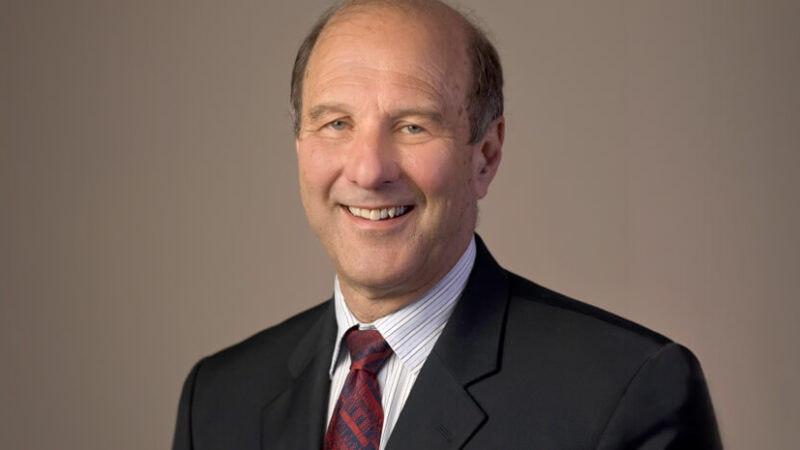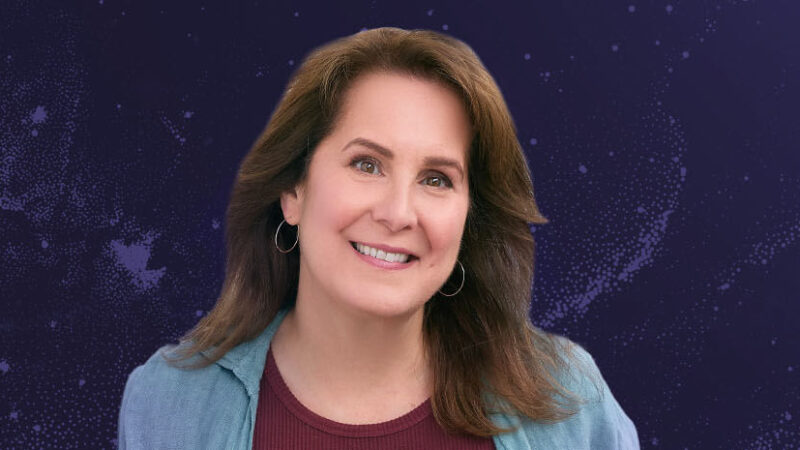The practice of hypnosis is considered by many people within and outside of the medical profession to be useless, dangerous, or both. Yet studies are showing how hypnosis offers us a reliable, remarkably powerful therapeutic tool for managing pain and stress, changing unwanted habits, improving sleep, and overcoming a broad range of health challenges.
In this podcast, Tami Simon speaks with author and psychiatrist Dr. David Spiegel to separate the facts from the fiction, exploring: hypnosis as a naturally occurring state of highly focused attention; letting go of our usual preconceptions about ourselves; cognitive flexibility (not “suggestibility”); Dionysians, Apollonians, and Odysseans—three categories of hypnotizability; the Spiegel eye-roll technique; a guided experience of self-hypnosis for stress and anxiety; hypnosis vs. meditation; respecting and protecting your body; focusing on what you’re for instead of what you’re against; and a case example using self-hypnosis to heal trauma and dissociation (please note: this example occurs at 39:10–41:03 and includes a reference to sexual assault).
Note: This episode originally aired on Sounds True One, where these special episodes of Insights at the Edge are available to watch live on video and with exclusive access to Q&As with our guests. Learn more at join.soundstrue.com.






